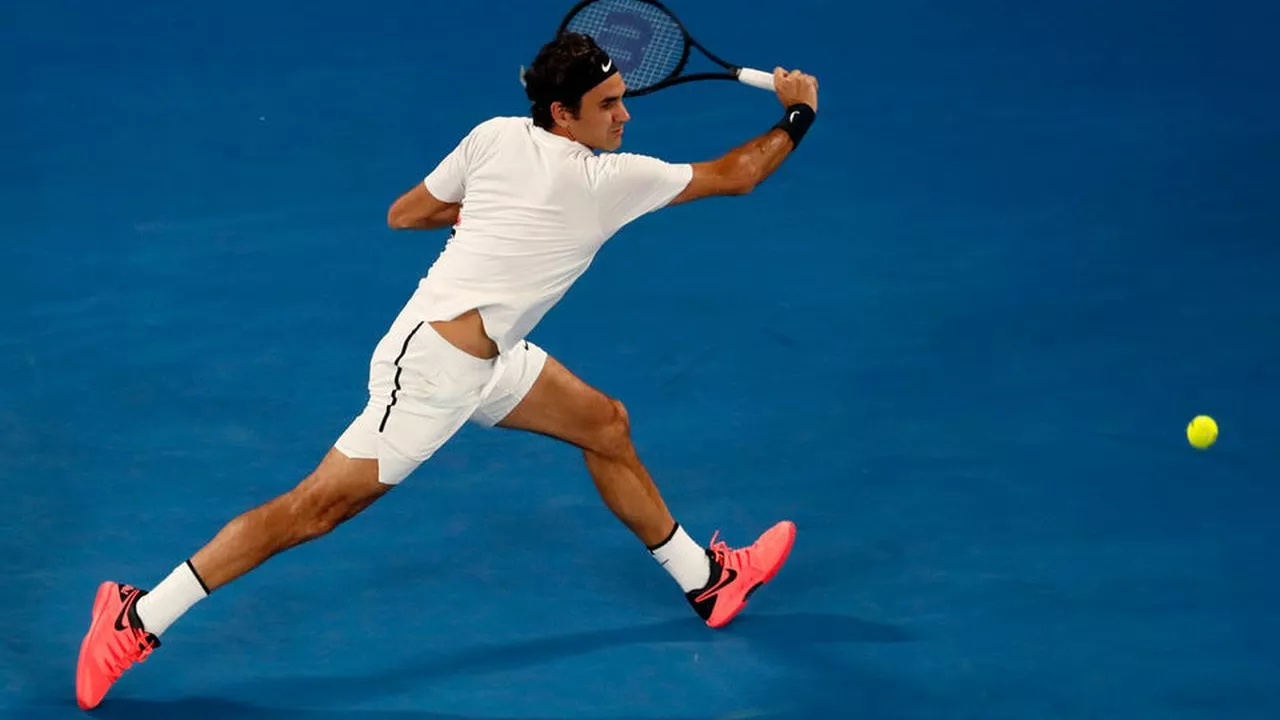Sports Comparison – Quick Guide to How Different Sports Measure Up
If you’re curious about which sport fits you best, a side‑by‑side comparison can clear things up. Instead of guessing, look at a few easy factors: how much you run, what gear you need, the skill focus, and where you can watch or play. Below you’ll get a quick rundown that works for beginners and seasoned fans alike.
What to Compare When Looking at Sports
First, ask yourself these questions:
- Physical demand: Does the sport require a lot of running, strength, or flexibility?
- Equipment needed: Are you buying a ball, a bike, or a full kit?
- Skill focus: Is the game more about strategy, speed, or coordination?
- Playing opportunities: Can you find a local league, a club, or an online community?
- Popularity and coverage: Do TV channels, streaming services, or social media talk about it often?
Answering these gives you a clear picture of what each sport really involves. No need to read long manuals – just match your answers to the sport’s profile.
Popular Sports Compared Side‑by‑Side
Here’s a quick head‑to‑head look at a few common sports. Use it as a cheat sheet when you’re deciding what to try next.
| Sport | Running? | Key Gear | Main Skill | Typical Places to Play |
|---|---|---|---|---|
| Basketball | Moderate | Ball, shoes | Hand‑eye, quick moves | Gym, school court |
| Soccer | High | Ball, cleats | Footwork, stamina | Field, park |
| Swimming | None (in water) | Swimsuit, goggles | Technique, breath control | Pool |
| Cycling | Low to moderate (depending on terrain) | Bike, helmet | Endurance, balance | Road, trail |
| Weightlifting | None | Barbell, shoes | Strength, form | Gym |
Notice how each sport lines up with the questions above. If you hate running, swimming or weightlifting might feel better than soccer. If you love team vibes, basketball or soccer give you that instant community.
Another angle people enjoy is comparing stats – like average salaries, viewership numbers, or injury rates. For example, basketball players often earn more on average than baseball players, while cycling sees fewer head injuries but more overuse strains. Those numbers can guide decisions if you’re thinking about a career path.
Ultimately, the best way to compare is to try a short session of each sport. Most clubs offer free trial days, and many community centers let you drop in without a membership. Take a 30‑minute class, see how your body reacts, and note what feels fun.
Remember, the goal isn’t to rank sports as “best” or “worst.” It’s to find the one that matches your lifestyle, goals, and enjoyment level. Use the comparison checklist, test a few options, and you’ll quickly spot the sport that clicks for you.
Got a favorite match‑up you want to add? Feel free to share your own comparison notes in the comments. The more real‑world experiences we gather, the easier it is for everyone to pick the perfect sport.

Who is better, Federer or LeBron?
Alright folks, buckle up because we're diving into the age-old debate: Federer or LeBron? Now, this is akin to comparing apples to oranges, or better yet, Swiss watches to basketballs! But hey, let's give it a whirl! Federer, with his ballet-like grace on the tennis court, has a finesse that's hard to match. But then again, LeBron, with his sheer power and versatility on the basketball court, is a force of nature! So, it's really about whether you prefer a Swiss watch ticking with precision or a basketball bouncing with intensity. Whew, talk about a sports conundrum!